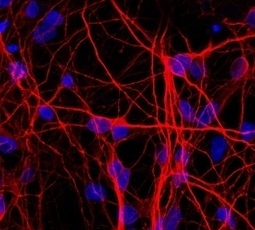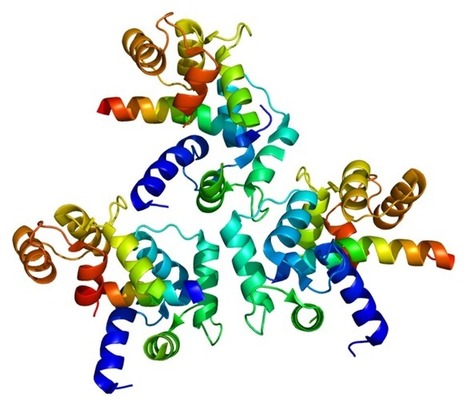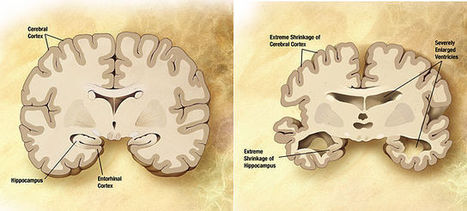The first known method to permanently bypass the blood-brain barrier*, using mucosa, or the lining of the nose, has been demonstrated by researchers in the department of Otology and Laryngology at the Massachusetts Eye and Ear/Harvard Medical School and the Biomedical Engineering Department of Boston University.
The method opens the door to new treatment options for those with neurodegenerative and CNS disease.



 Your new post is loading...
Your new post is loading...










